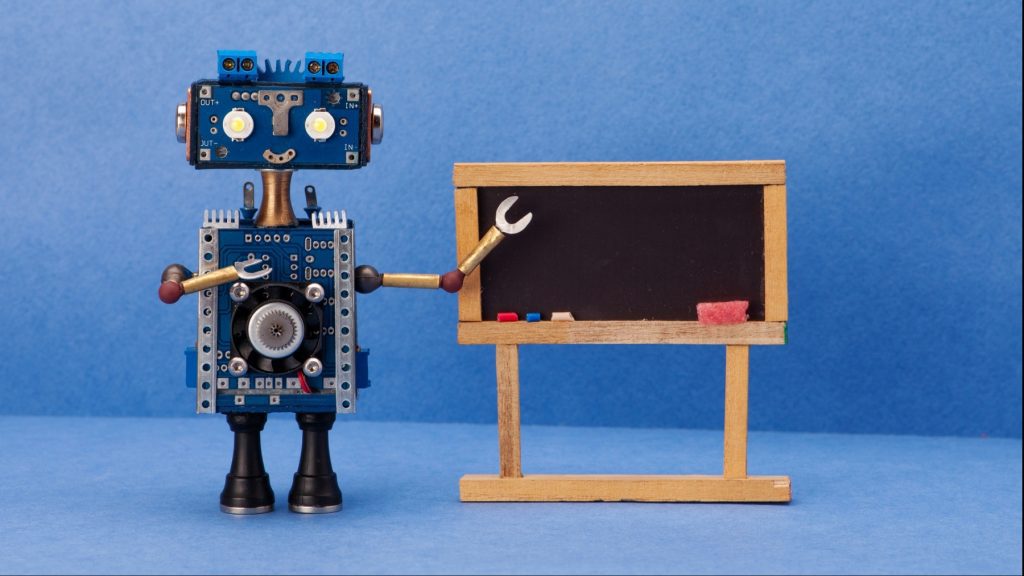
Since 2016, AI tutors in classrooms have shown promise and hope that the education system will have a new, revamped, approach. Yet at the same time, those vouching for AI tutors’ success are the ones acknowledging that it is no substitute for the human touch and should remain essential in education.
AI-powered tutoring systems within the education sector offer adaptive learning, process automation, and resource availability.
But educators warn that even the best AI tutors can damage such components of teaching aspects like emotional teacher-student bonds, guidance and interpretation, and empathy – critical for leadership.
Keeping AI advantages without compromising education principles requires implementation of a wide range of useful technologies alongside the touch of human interaction.
The Limits of AI Tutors in Learning
Advocates for AI in education push their capacity for personalized tutoring, typically citing earlier research such as that of Benjamin Bloom on one-to-one tutoring.
New studies, such as Matthew Kraft’s “A Blueprint for Scaling Tutoring Across Public School”, suggests that effective tutoring is difficult to scale-even with human tutors. Tech driven solutions, as controlled by platforms like Khan Academy, have demonstrated progress but also significant limitations.
AI tutoring relies on screen interactions, where the merger of AI and tutoring can miss valuable classroom dynamics discussions and debates, and these factors are so valuable in developing creativity and critical thinking skills. Human teachers organically create these moments, but online learning cannot do that no matter how much AI enhanced tutoring has reached.
AI tutors and tools may be a supplement in education to improve the way of teaching but are unlikely to replace human aspects of teaching.
Balancing Innovation with Human Connection
While it has many flaws, AI tutoring is not that bad at the end of the day. Most of the platforms ease teachers’ work by automating grading and homework management, among other tasks. This frees the teacher to attend to more meaningful aspects of the job, such as lesson planning and student mentorship.
Replacing teachers with AI tutors raises ethical and practical concerns. Teachers do more than teach, they build relationships, foster curiosity, and instill values. An AI chatbot tutor could risk creating a stagnant educational environment.
In “Exploring Edtech and AI in Math’s Teaching”, David Monis-Weston says that “human relationships, whether teacher-to-student or among student peers, will continue to play an irreplaceable role in effective education.”
Implications for the Future of Education
The question of whether AI for tutoring is going to make the teaching profession hazardous to one’s health connects directly to the future of our children, who grow into tomorrow’s leaders.
If AI dominates education, then students may be deprived of those critical life skills developed in human interaction. Leadership, empathy, and collaboration are developed in a vibrant, human-led environment, not in isolation behind a screen.
Teachers are mentors of life and role models, shaping both academics and characters of the next generation. The fundamental challenge, though, lies in keeping up its potential without compromising the core of what makes education incredible.
Inside Telecom provides you with an extensive list of content covering all aspects of the tech industry. Keep an eye on our Tech sections to stay informed and up-to-date with our daily articles.